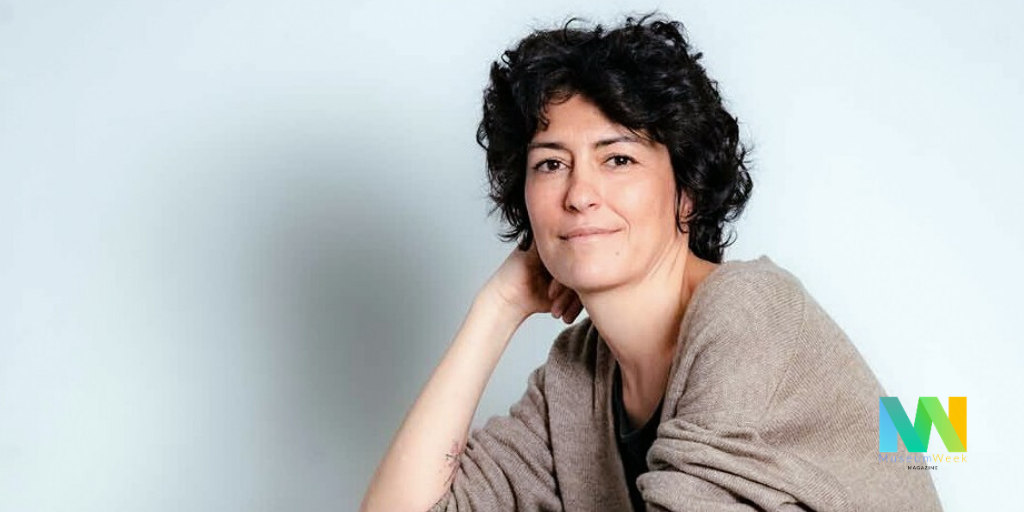1.In your opinion, what is the role of a museum?
Originally the museum was an institution that had the task of preserving valuable works and making what otherwise would have been inaccessible to many people shareable. Now I believe that a museum is primarily a public institution that represents the roots for members of a community. Today there are more and more social projects, a museum today is a powerful tool that, if managed well, contributes to the development of education and civic awareness.
2.What are your favorite museums in the world? Why?
I can say the Tate Modern for urban regeneration, the content and quality of the permanent collection. But also its location and the ability to always attract everyone: families, tourists and inhabitants of the neighborhood. English museums always have a standard and a care that I have always admired.
So, for that ability to catalyze and give life to the territory, I also love Neapolitan museums very much, for example in my neighborhood there is the Museo Madre which continuously offers inclusive projects for the community.
3.How important are social networks in your business? And which platform do you prefer and why.
Social networks are very important. If we think that once having a hundred people in an exhibition was a great success, now, every day we can easily reach thousands… The complicated aspect of this great possibility that we have available every day is that people seem more and more distracted, in fact, it is increasingly difficult to reach their attention and stimulate the interest of a reader until the end of a post or article.
This last point certainly opens up new challenges and makes communication increasingly fundamental for each activity. As a social network, I prefer Instagram for the great immediacy of texts and content and I use Pinterest a lot to look for ideas.
4.To create greater engagement among museums, artists and professionals, do you have any advice for cultural projects such as #MuseumWeek?
Without a doubt, I would also try to involve schools because children are our future and not only in the art world. I would like to invite them to the museum because they will be tomorrow’s artists and professionals.
Interview by Fabio Pariante, journalist
MORE
Yvonne De Rosa on social networks: Instagram, Facebook
After graduating in Political Science, Yvonne De Rosa (Napoli, 1975) studied in Central Saint Martin and earned a master’s degree in Photojournalism from the London College of Communication. Yvonne is a professional photographer and artistic director of Magazzini Fotografici, a cultural space entirely dedicated to international photography, in the historic Palazzo Caracciolo d’Avellino in the ancient center of Napoli. Its production focuses on research, recovery and enhancement of historical memory in order not to lose it. The works of the Italian photographer have been exhibited in Europe and she was the first woman to exhibit at the Hasht Cheshmeh Art Space, in Kashan, Iran.
